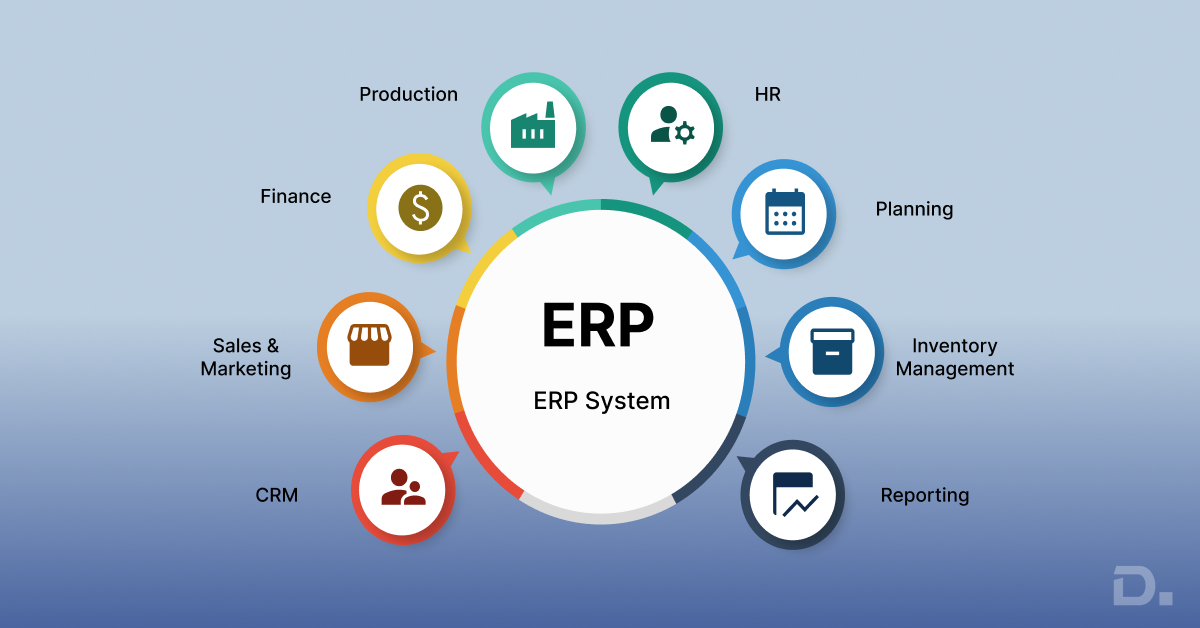The pharmaceutical supply chain plays a critical role in ensuring that life-saving medicines and healthcare products reach patients safely and efficiently. It may sound complicated, but at its core, it's about getting the right product to the right place at the right time — all while maintaining quality, compliance, and cost-effectiveness.
In this blog, we'll break down the pharma supply chain in simple terms, highlight its key components, explore common challenges, and show how modern tools like ERP for healthcare and supply chain management software are helping companies across Canada, including in cities like Toronto, stay ahead.
What Is the Pharmaceutical Supply Chain?
The pharmaceutical supply chain refers to the process of producing, storing, and distributing drugs from manufacturers to end users like hospitals, pharmacies, and patients. It involves several steps and stakeholders:
- Raw material suppliers – Provide the ingredients for drug manufacturing.
- Manufacturers – Convert raw materials into finished products.
- Wholesalers and distributors – Store and distribute products to pharmacies and hospitals.
- Pharmacies and healthcare providers – Deliver medications to patients.
Every link in this chain must follow strict regulations, especially for temperature-sensitive or controlled drugs.
Key Components of Pharma Supply Chain Management
Supply chain management in pharma isn't just about logistics — it's about managing risks, ensuring compliance, and maintaining product integrity. Here are the core components:
- Inventory Management System: Tracks drug quantities in real time to avoid stockouts or overstocking.
- Warehouse Management System: Manages storage locations, environmental controls (like temperature), and order fulfillment.
- Distribution Network: Optimizes routes and delivery schedules.
- Regulatory Compliance: Ensures every step follows health and safety standards.
- Technology: Tools like ERP supply chain solutions and Microsoft Dynamics 365 improve visibility and control.
List: Must-Have Features in a Pharma Supply Chain Solution
- Real-time inventory tracking
- Expiry date monitoring
- Batch and lot tracking
- Regulatory reporting tools
- Advanced warehouse control
- Cold chain monitoring (for temperature-sensitive drugs)
- Integration with CRM and financials (e.g., Business Central)
- Support for global and local compliance
- Mobile access for remote warehouse teams
- Custom alerts and automation
Common Pharma Supply Chain Challenges
Pharma supply chain challenges can impact delivery timelines, product safety, and business costs. Here are some of the most common problems:
- Supply disruptions: Shortages of raw materials or transport delays can stop production.
- Compliance issues: Failing to meet regulatory standards can result in fines or recalls.
- Lack of visibility: Many companies still rely on outdated systems or spreadsheets.
- Temperature control failures: If a drug is stored improperly, it can become unusable.
- Counterfeit drugs: Insecure supply chains are vulnerable to fake medicines entering the system.
These pharma supply chain issues can damage trust and patient safety. That’s why better tools and planning are essential.
How ERP and Technology Can Help
Modern supply chain management software, especially ERP systems, can dramatically improve the supply chain in pharma industry by offering real-time visibility, automation, and compliance support.
A robust ERP for healthcare, like Microsoft Dynamics 365, helps businesses:
- Track every item through the pharmaceutical supply chain process
- Integrate quality control with production
- Automate warehouse tasks with advance warehouse management in D365
- Manage finances, sales, and operations in one place
With Dynamics 365 Implementation, pharma companies in Canada can get a complete solution tailored to their industry — from inventory management software tools to regulatory compliance.
Why Microsoft Dynamics 365 for Pharma Supply Chain?
Microsoft Dynamics 365 and Business Central are trusted tools that work well for pharmaceutical businesses of all sizes. Here’s why:
- Seamless integration with other Microsoft tools (Outlook, Excel, Teams)
- Cloud-based access from anywhere
- Built-in security and compliance features
- Scalable modules for inventory, finance, CRM, and operations
It’s especially useful for businesses looking to streamline pharma supply chain management in fast-paced environments like Toronto or across broader regions in Canada.
Final Thoughts: Choosing the Right Partner
The pharma supply chain is a sensitive and complex process, but with the right tools and strategy, businesses can manage it efficiently and safely.
If you're looking to upgrade your systems, improve compliance, or gain better control over your inventory and distribution, consider partnering with a trusted Microsoft Dynamics Partner.
At Dynamics Square, we help pharmaceutical companies across Canada implement and support Microsoft Dynamics 365, Business Central, and advanced ERP supply chain solutions. Our expertise ensures you stay compliant, competitive, and prepared for whatever the future brings.
Contact us today to learn how we can help your pharma supply chain run smarter.
You can call +1 778 381 5388 or directly mail to [email protected].






Comments